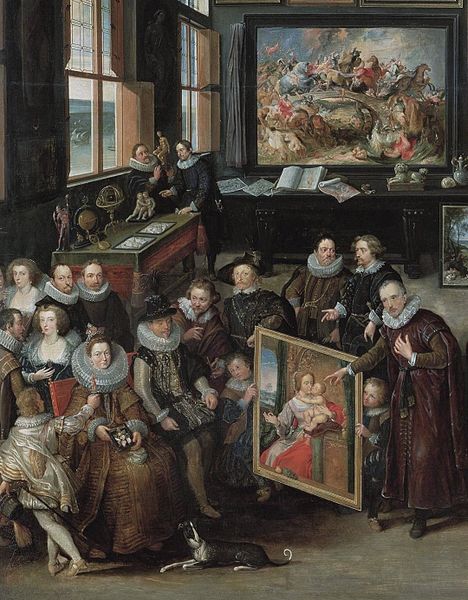A souvenir , memento, keepsake, or token of remembrance is an object a person acquires for the memories the owner associates with it. A souvenir can be any object that can be collected or purchased and transported home by the traveler as a memento of a visit. The object itself may have intrinsic value, or be a symbol of experience. Without the owner's input, the symbolic meaning is lost and cannot be articulated.
Eiffel Tower souvenirs from Paris, France.
Sea shells in New Zealand. To minimize environmental footprint collecting sea shells or beach sand is discouraged in many places.
Souvenir Album of Houston, 1891
Momiji manju omiyage from Japan
Tourism is travel for pleasure, and the commercial activity of providing and supporting such travel. UN Tourism defines tourism more generally, in terms which go "beyond the common perception of tourism as being limited to holiday activity only", as people "travelling to and staying in places outside their usual environment for not more than one consecutive year for leisure and not less than 24 hours, business and other purposes". Tourism can be domestic or international, and international tourism has both incoming and outgoing implications on a country's balance of payments.
Tourists at the Temple of Apollo, Delphi, Greece
The first sunrise seen from the torii gate on the sea, which is considered a sacred place (Ōarai im Japan)
A Japanese tourist consulting a tour guide and a guide book from Akizato Ritō's Miyako meisho zue (1787)
Prince Ladislaus Sigismund of Poland visiting Gallery of Cornelis van der Geest in Brussels in 1624








